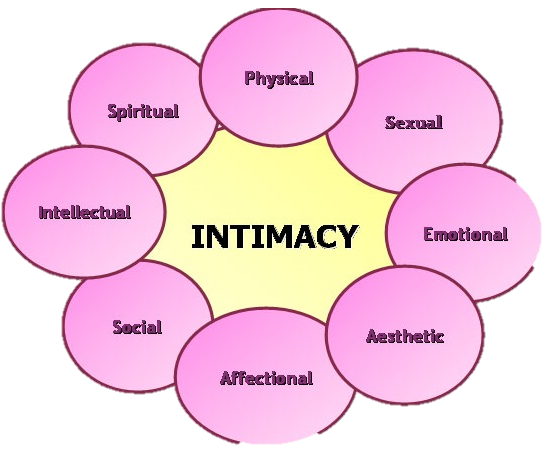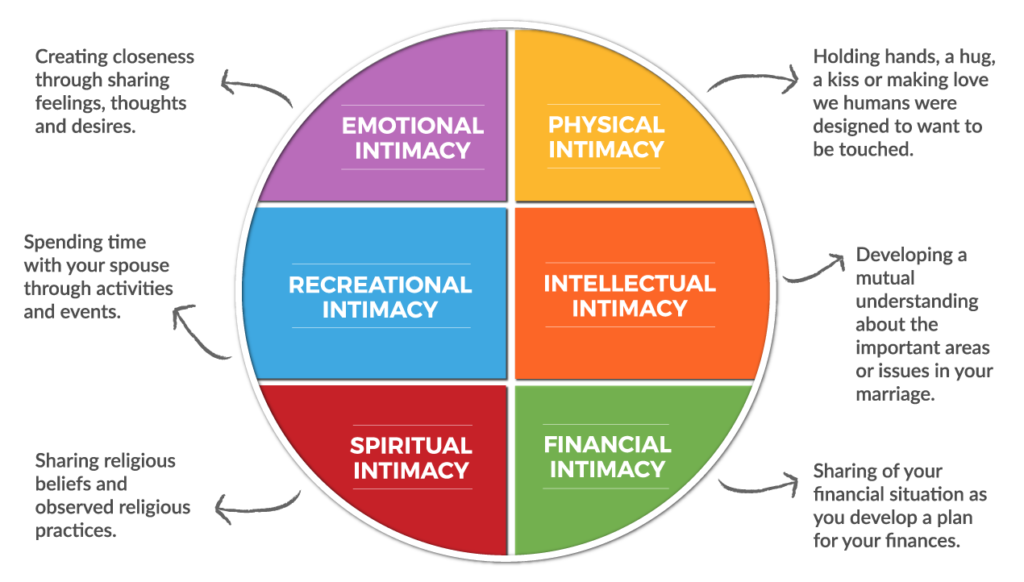Intimacy in relationships is one key to emotional health
 Humans are social beings. Is that why we search for intimacy with others? Is the quest for intimacy the reason we commit ourselves to another person in marriage or other declarations of loyalty? In trying to find intimacy, are we simply searching again for the ultimate feeling of bonding that we felt toward a parent during our infancy? The search for intimacy may be one reason we form social groups.
Humans are social beings. Is that why we search for intimacy with others? Is the quest for intimacy the reason we commit ourselves to another person in marriage or other declarations of loyalty? In trying to find intimacy, are we simply searching again for the ultimate feeling of bonding that we felt toward a parent during our infancy? The search for intimacy may be one reason we form social groups.
To have an intimate connection with another person requires first that we have access to our own personal emotions and ideas. We cannot expect to be intimate with another when we are out of touch with our own internal experiences. We must explore and become familiar with our own personal thoughts and feelings before we can share them with someone else. Our intimate experiences may involve our emotional, cognitive, social, physical, sexual, and spiritual lives.
How do we reach intimacy?
 It is difficult to achieve intimacy in a relationship unless we have the ability to trust. We tend to focus on other people when we think about trust. We might ask, who out there can be trusted and who cannot? But it may be more helpful to look inside and to think about trust also as something that we do well, or not. Some people grow up with a good ability to trust appropriately. While others, because of their needs and life experiences, have more difficulty with this issue .
It is difficult to achieve intimacy in a relationship unless we have the ability to trust. We tend to focus on other people when we think about trust. We might ask, who out there can be trusted and who cannot? But it may be more helpful to look inside and to think about trust also as something that we do well, or not. Some people grow up with a good ability to trust appropriately. While others, because of their needs and life experiences, have more difficulty with this issue .
Each person seems to understand the intimate experience in his or her own way. In a sense it takes a journey of personal discovery to learn how to share intimacy with another person.
Healthy benefits of intimacy
A number of research studies have shown persuasively that people in intimate relationships live longer and happier lives than those who are not.
- For example, people in marriages or other committed relationships live longer than people who are single.
- Researchers found that 95% of people who described their parents as uncaring had diseases by midlife, while only 29% of those who described their parents as caring had midlife diseases.
- People who are socially isolated are two to five times more likely to die prematurely than those who have a sense of connection and community.
- One study has even found that people with fewer relationships of any kind (e.g., friendship, a partner, family, work, social groups, religious affiliations) were four times as likely to develop a common cold as those who had more relationships.
- Research shows that people with pets are healthier than people without them and have to make fewer visits to doctors
